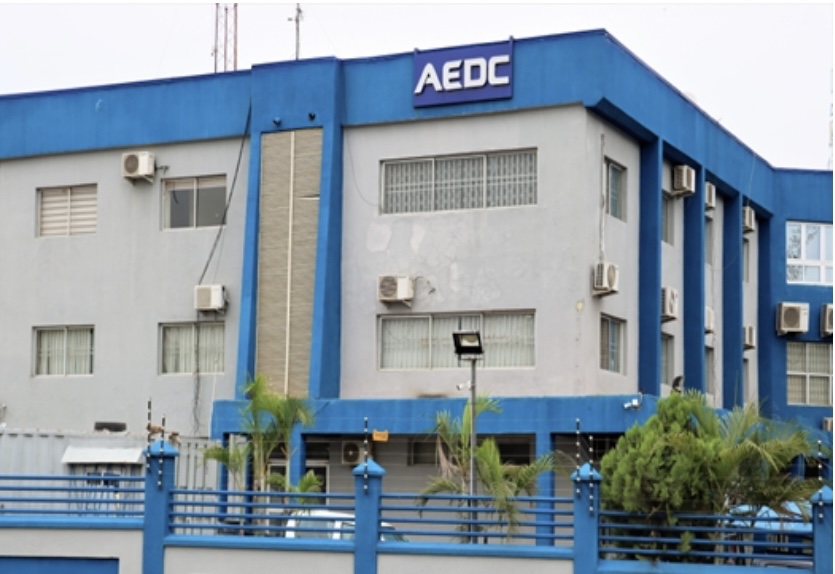KEY POINTS
- AEDC trims workforce by 800 in cost-cutting drive amid financial crisis.
- Labour unions intervene to reduce planned layoffs from 1,800.
- Retrenchment underscores worsening troubles in Nigeria’s power sector.
The Abuja Electricity Distribution Company, AEDC, has laid off about 800 employees as part of a sweeping internal restructuring, marking one of the largest staff cuts in Nigeria’s electricity sector in recent years.
The decision, which came into effect on 5 November, follows months of financial strain and operational challenges that have beset the utility firm responsible for supplying power to the Federal Capital Territory, Kogi, Niger and Nasarawa States.
According to company insiders, the management had initially proposed sacking 1,800 employees but scaled back the number to 800 after several rounds of tense negotiations with the National Union of Electricity Employees (NUEE) and the Senior Staff Association of Electricity and Allied Companies (SSAEAC).
One affected worker, who requested anonymity, said the decision was reduced “after much pressure” from the unions. “Management wanted to sack 1,800, but after the unions intervened, they brought it down to 800,” the worker told reporters. Another source confirmed that dismissal letters were distributed this week after a brief delay.
A sample of the termination letter, signed by the company’s Chief Human Resources Officer, Adeniyi Adejola, cited the retrenchment as part of an “ongoing rightsizing process.” It stated that the decision had been made after “careful consideration” in line with company policy. Employees were instructed to complete clearance procedures and return company property before their final payments could be processed.
Layoffs Reflect Deeper Industry Trouble
AEDC’s decision reflects growing distress across Nigeria’s power sector, where rising operational costs, poor tariff recovery, and mounting debts have left distribution companies struggling to remain afloat. The sector, privatised over a decade ago to improve efficiency, has instead faced persistent liquidity gaps and unreliable service delivery.
Analysts warn that the layoffs could ripple across the energy value chain, affecting maintenance, billing efficiency, and customer service in the affected states. “When a key distributor like AEDC begins downsizing, it signals severe strain within the system,” said a Lagos-based energy analyst. “We are looking at a possible reduction in workforce productivity, which will, in turn, worsen power supply to consumers already paying high tariffs.”
The company’s financial troubles are compounded by low collection rates and debts owed by government ministries and agencies. Industry observers say that unless the federal government implements urgent reforms, including cost-reflective tariffs and stronger regulatory oversight, more distribution companies may follow AEDC’s path.
For now, the retrenchment has left hundreds of families anxious about their future, even as the broader Nigerian economy continues to struggle with inflation, weak purchasing power, and an unstable energy supply — all of which have made electricity both scarce and increasingly unaffordable for ordinary households.



